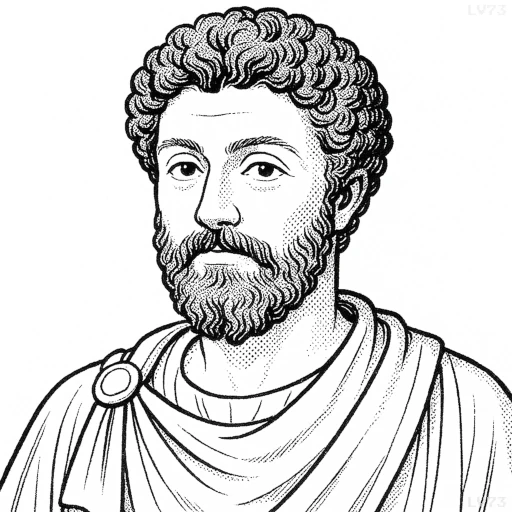“Everything that exists is in a manner the seed of that which will be.”

- April 26, 121 – March 17, 180
- Roman Empire
- Roman Emperor
table of contents
Quote
“Everything that exists is in a manner the seed of that which will be.”
Explanation
Marcus Aurelius reflects on the interconnectedness of all things in this quote, suggesting that everything in existence is not static, but rather a potential seed for future change. This perspective is deeply rooted in the Stoic belief that all events are part of a larger, unfolding cosmic plan. Everything, from the smallest moment to the grandest event, has within it the potential for transformation and growth. The Stoics saw the universe as a dynamic, ever-evolving process, where nothing is truly lost but merely transformed into something else.
Aurelius, as both an emperor and philosopher, faced a world constantly in flux—wars, political changes, personal loss—but his Stoicism helped him recognize that every moment contributes to a larger, inevitable progression. This view is also mirrored in modern concepts like systems theory or evolution, where changes, even small ones, build upon one another and shape future outcomes. For example, in science, a small shift in behavior or an event today can lead to significant discoveries or innovations tomorrow.
In everyday life, this quote encourages us to see the potential in every moment and every action. Whether in personal growth, relationships, or work, recognizing that small actions can be the foundation for future developments encourages us to approach each situation with patience and awareness. By planting the “seeds” of wisdom, virtue, and positive action, we contribute to the continuous evolution of ourselves and the world around us.
Would you like to share your impressions or related stories about this quote in the comments section?


